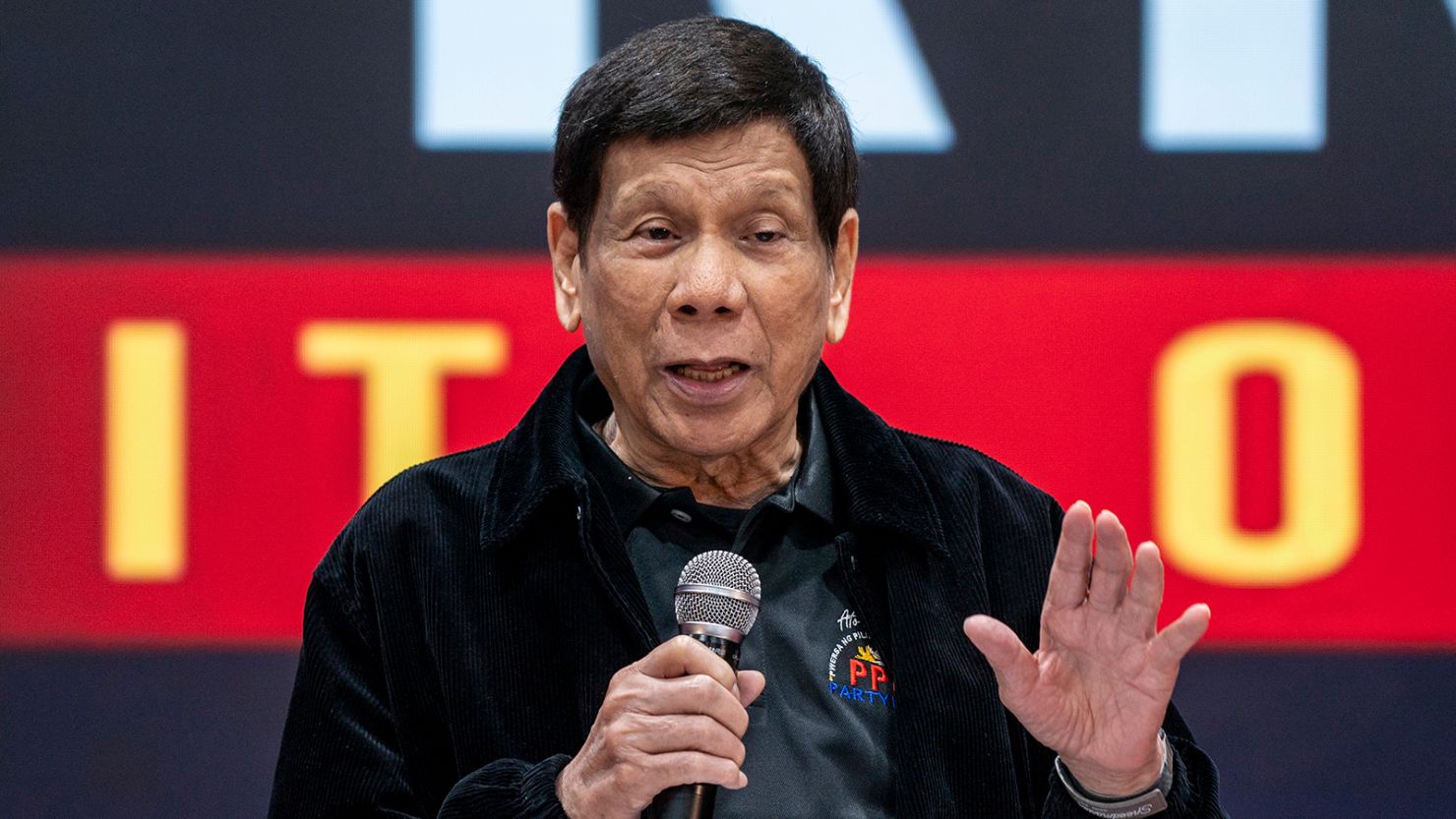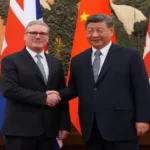The Philippines’ former President Rodrigo Duterte is currently the subject of a historic case at The Hague, where the International Criminal Court (ICC) considers his highly disputed war on drugs. The trial represents a pivotal examination of international law and national sovereignty boundaries, with broader implications for other leaders around the world charged with similar human rights abuses.
Duterte’s lawyers have pursued a three-fold defense strategy: refusing ICC jurisdiction over the Philippines, establishing the legitimacy of his anti-drug campaign as an internal policy, and objecting to the admissibility of the witness testimonies. They claim that because the country had already withdrawn from the Rome Statute in 2019, the ICC can no longer exercise jurisdiction over actions undertaken during his presidency.
But the ICC holds that crimes that were committed while the Philippines was a signatory to its statute are still within its jurisdiction. Human rights organizations believe that this trial can be a powerful precedent, affirming responsibility for state-sponsored violence. Victim families’ testimonies and those of former police leaders will likely be a focal point in the trials.
The case has been fiercely debated both internationally and domestically in the Philippines, as it further underscores the emerging conflict between global justice frameworks and state sovereignty. As the trial progresses, the rest of the world waits anxiously to see if international courts can hold influential leaders accountable for their suspected crimes against humanity.








